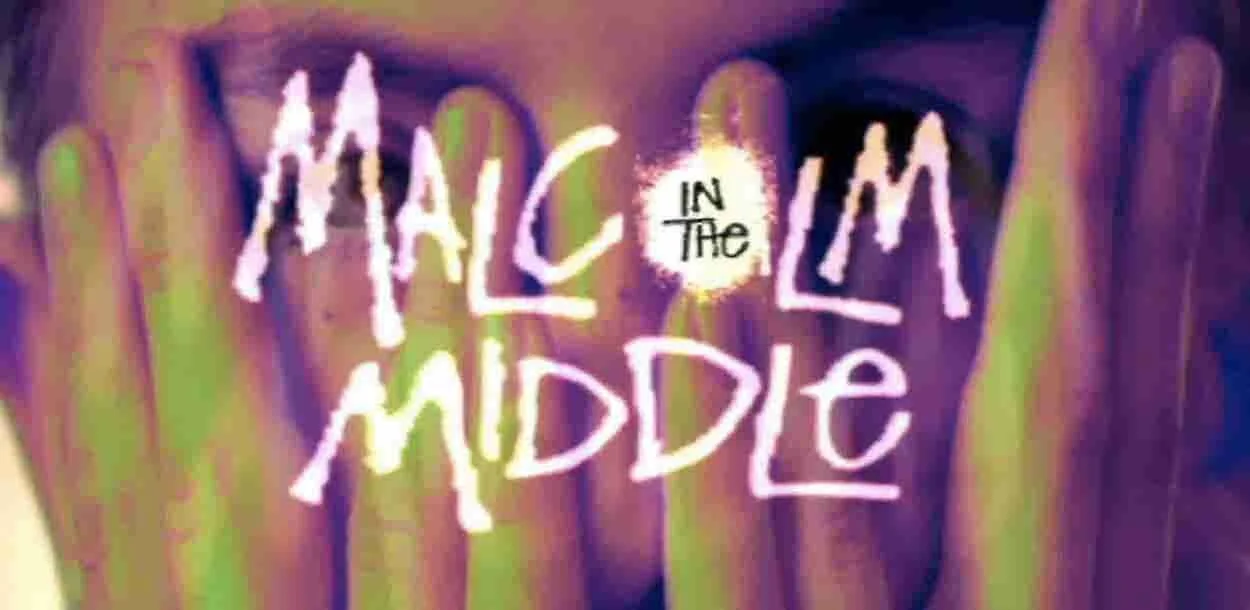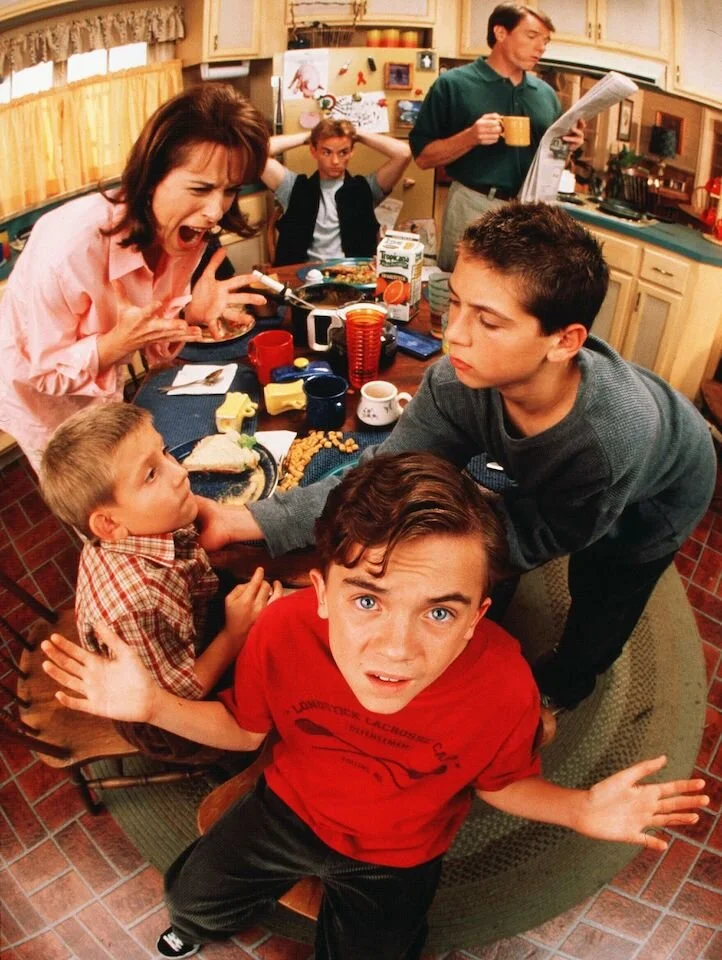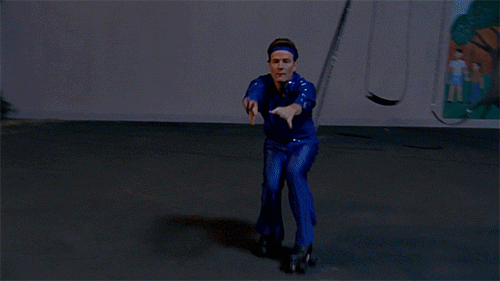Malcolm In The Middle (2000 - 2006)
There’s been something of a revival of interest in sitcoms from the ‘90s and the early ‘00s over the past few years, and it’s not surprising why. Gen X and Millennials alike are slowly trotting towards middle age in a climate of extreme insecurity in just about everything from ecological peril with ever increasing natural disasters, low wages, mental illness, and now a global pandemic with seemingly no end in sight almost two years later depending on where you live. Turning to nostalgic comfort shows and films isn’t only par for the generational course, it’s all but necessary now; and there’s hardly a better or more relatable series than Malcolm In The Middle, a sitcom that ran on Fox from 2000 to 2006.
Malcolm In The Middle follows a dysfunctional lower middle class family and, in particular, Malcolm (Frankie Muniz), a middle schooler who is literally a genius but also incredibly socially awkward.
Throughout the series, the family goes through a multitude of problems and successes—with a cooking prodigy son who prefers to use his free time to sow chaos, a rebellious older son at constant odds with every authority figure he encounters, to more every day concerns like pregnancy, poverty, and estranged family.
Compared to other common favorites like Friends, Buffy The Vampire Slayer, and That ‘70s Show, Malcolm In The Middle has only become more relatable with time.
Malcolm’s family—his brothers Francis the anti-authoritarian (Christopher Masterson), Reese the cooking savant/agent of chaos (Justin Berfield), and Dewey (Erik Per Sullivan), and their parents Lois (Jane Kaczmarek) and Hal (Bryan Cranston in his breakout role)—are all immensely flawed, but intimately human, people trying their best to exist in the dysfunctional environment they live in.
Eschewing the usual sitcom formula of one liners, catchphrases, and Flanderized character archetypes, Malcolm In The Middle’s characters shockingly speak and act like, well, people. They are as quick to call each other out on their flaws and deficiencies as they are to act out on their own, and in spite of (sometimes troublingly relatable) toxic family behavior, always manage to come out swinging when the chips are down; in one particular clown-flavored incident, quite literally. This keeps their interactions and dialogue from becoming stale while still allowing for amazing quotes to shine on their own—many now enjoying a new life as memes.
But dialogue only goes part of the way. The relatability of the family is held up equally by the sincerity of their conflicts and quirks, both with themselves and the world around them. You’d be hard-pressed to find someone who grew up in that era that doesn’t now relate as an adult to the extreme anxiety of lower-middle class poverty, stressful menial jobs with creepy coworkers and belittling supervisors, and the pressure to somehow put on a stable and sane face in spite of it all. Potentially even more relatable to some as well is the strained intergenerational relationship between themselves and their older family members who seem to revel in bitterness and bigotry of many various forms, and the petty in-fighting that can erupt in families in general.
A charming oddity that’s overlooked, even by those with fond memories of the show, is a surreal undercurrent of magical realism flowing throughout the series. The youngest (for most of the series, anyways), Dewey, seemingly has questionable telepathic powers. He is often seen “communicating” with creatures like flies, dogs, and hamsters, as well as in vitro fetuses, and at all times the other characters barely bat an eyelash to it in all forms. As far as the validity, it’s hard to say, but there must be a little oddball magic in a universe where a single hamster in a rolling ball can journey from California to Alaska like a miniature Forrest Gump.
This is also shared by the strange coincidence that most of the family is savant-level talented at at least one thing: Malcolm has his smarts, Reese cooks like a master chef, Dewey is a master of empathetic manipulation, and Hal can choreograph and execute skilled roller skating routines flawlessly.
The cinematography perfectly compliments the surreal undertones of the show with multiple filming styles all in play at the same time. Normally in third person, it frequently shifts to Malcolm breaking the fourth wall to address the audience directly both in response to what’s going on around him and as a stream of consciousness for his mental process. At times, we even see things through the lens of animals and, for one particular episode, through the distorted lens of the ants invading their house. There are also moments where the exposition itself is never directly filmed or discussed, but filmed in the background of other activities or character moments (frequently Dewey’s), leaving the audience to pay attention and unravel the hidden on their own.
Sitcoms and all nostalgic shows operate under the danger of rose tinted glasses. With the changing comedy and societal structures of human life, they can age well, fairly, or in the worst cases extremely poorly for many different reasons; yet somehow Malcolm In The Middle manages to withstand the shifting sands of time and with its heart, sincerity, and a little bit of unabashed weirdness, remains as comforting if not more so now with over 20 years having passed since its premiere. It frustrates, it makes you laugh, it makes you cry, and for many people, it makes you feel seen and understood with every argument with a broken appliance you can’t afford to fix, every sleepless night after a double shift, and every moment of calm where all the chaos somehow falls into place for a little while.
Malcolm In The Middle is currently streaming on Hulu and on Amazon Prime.





